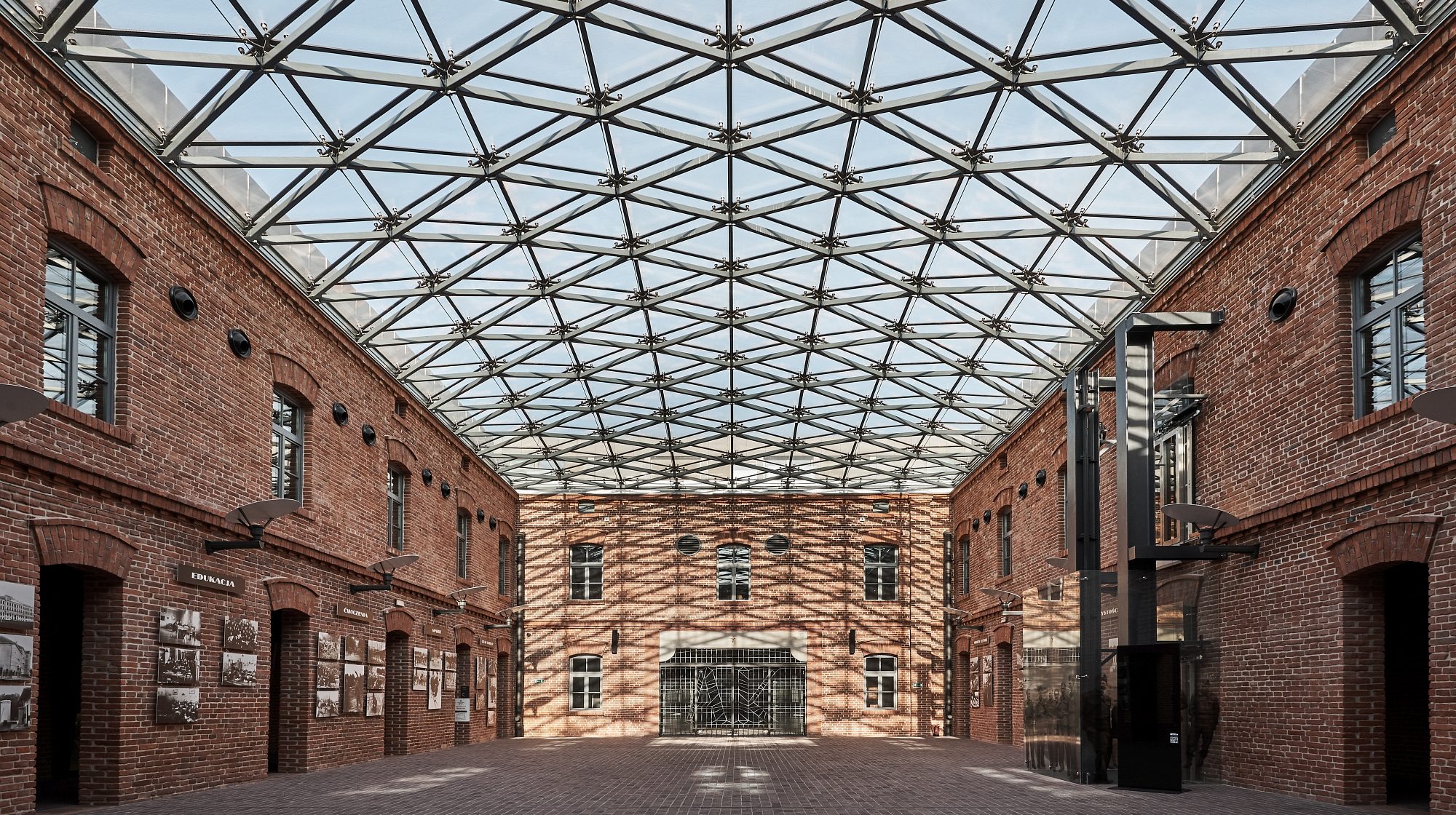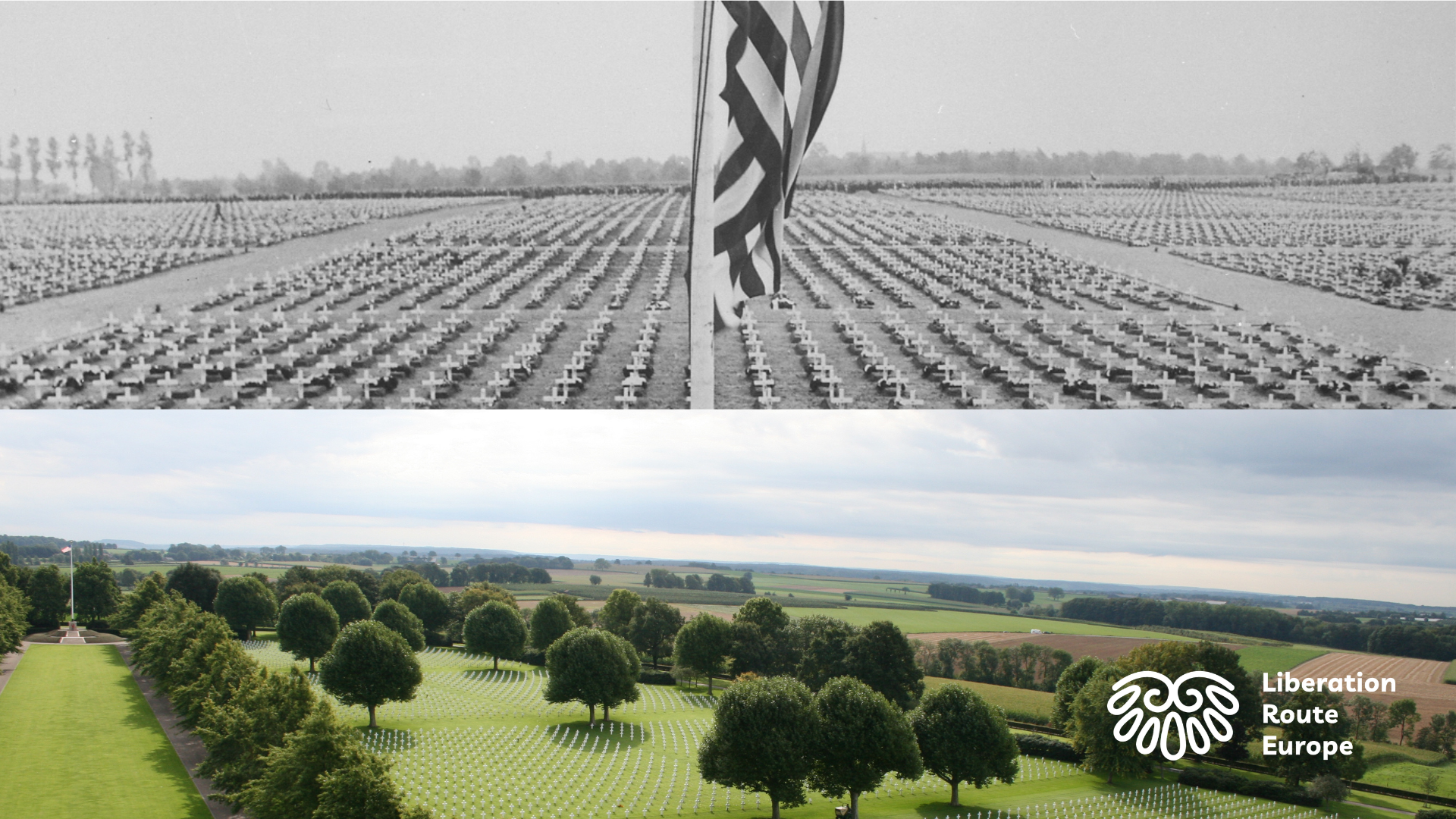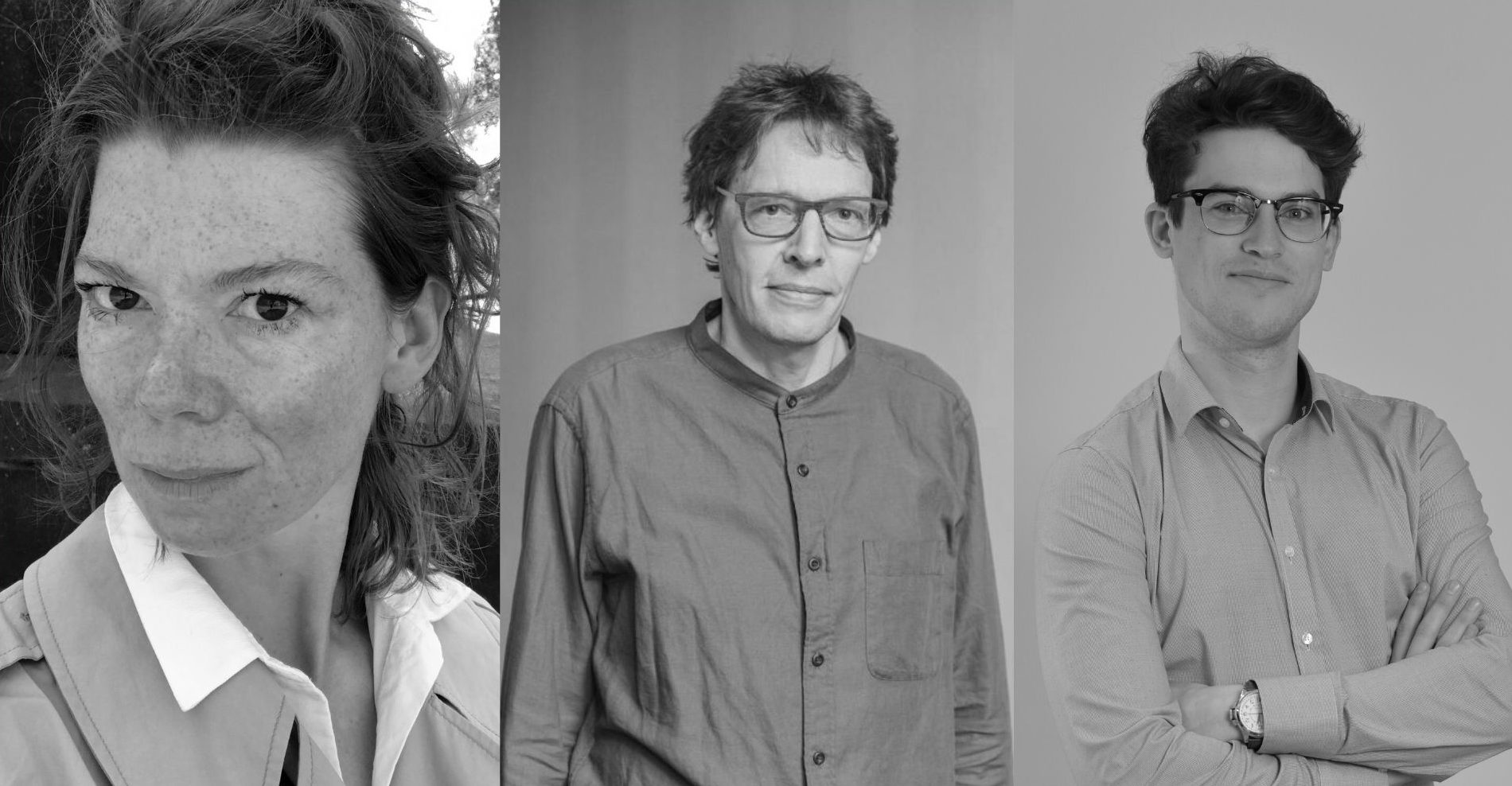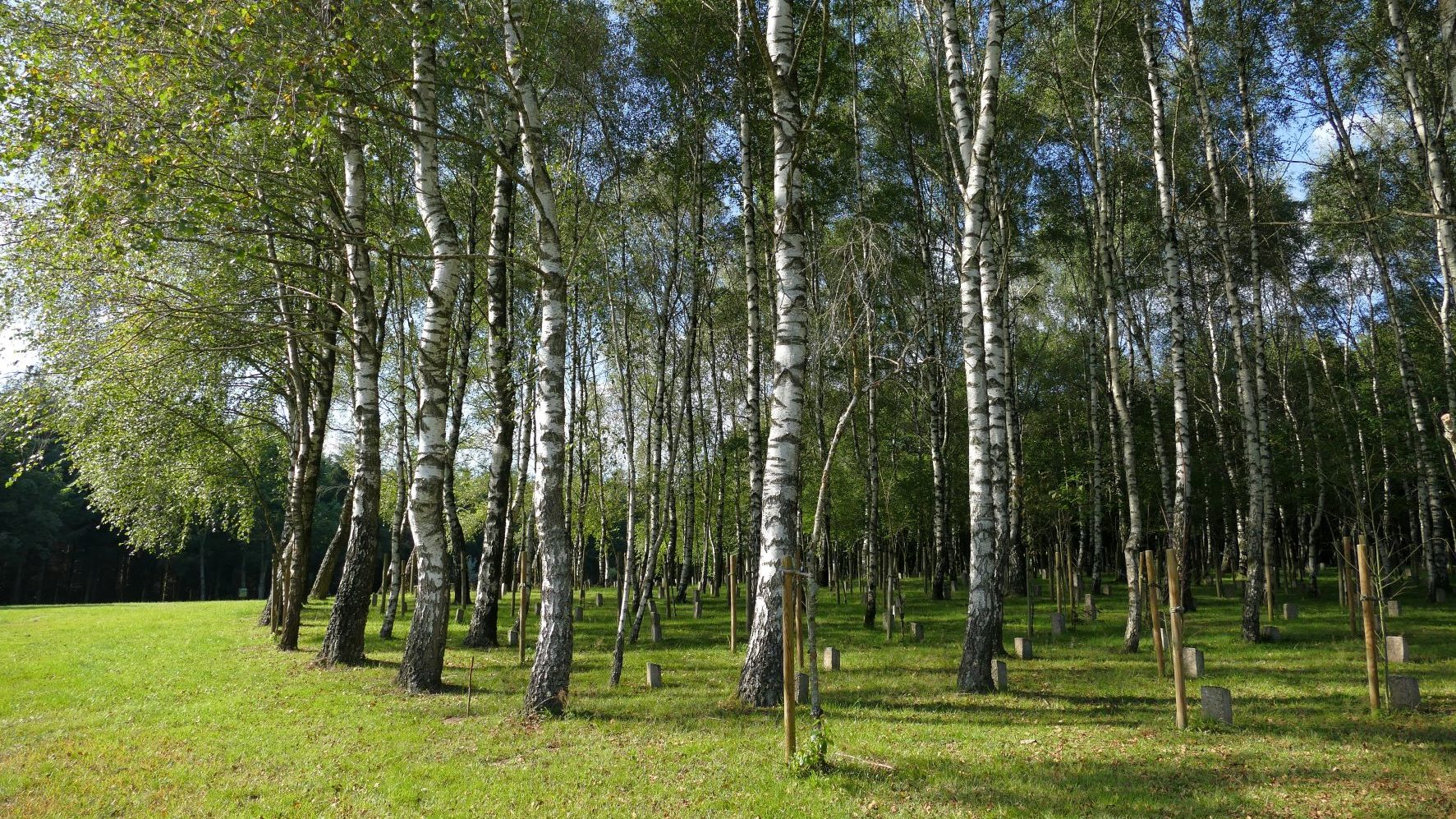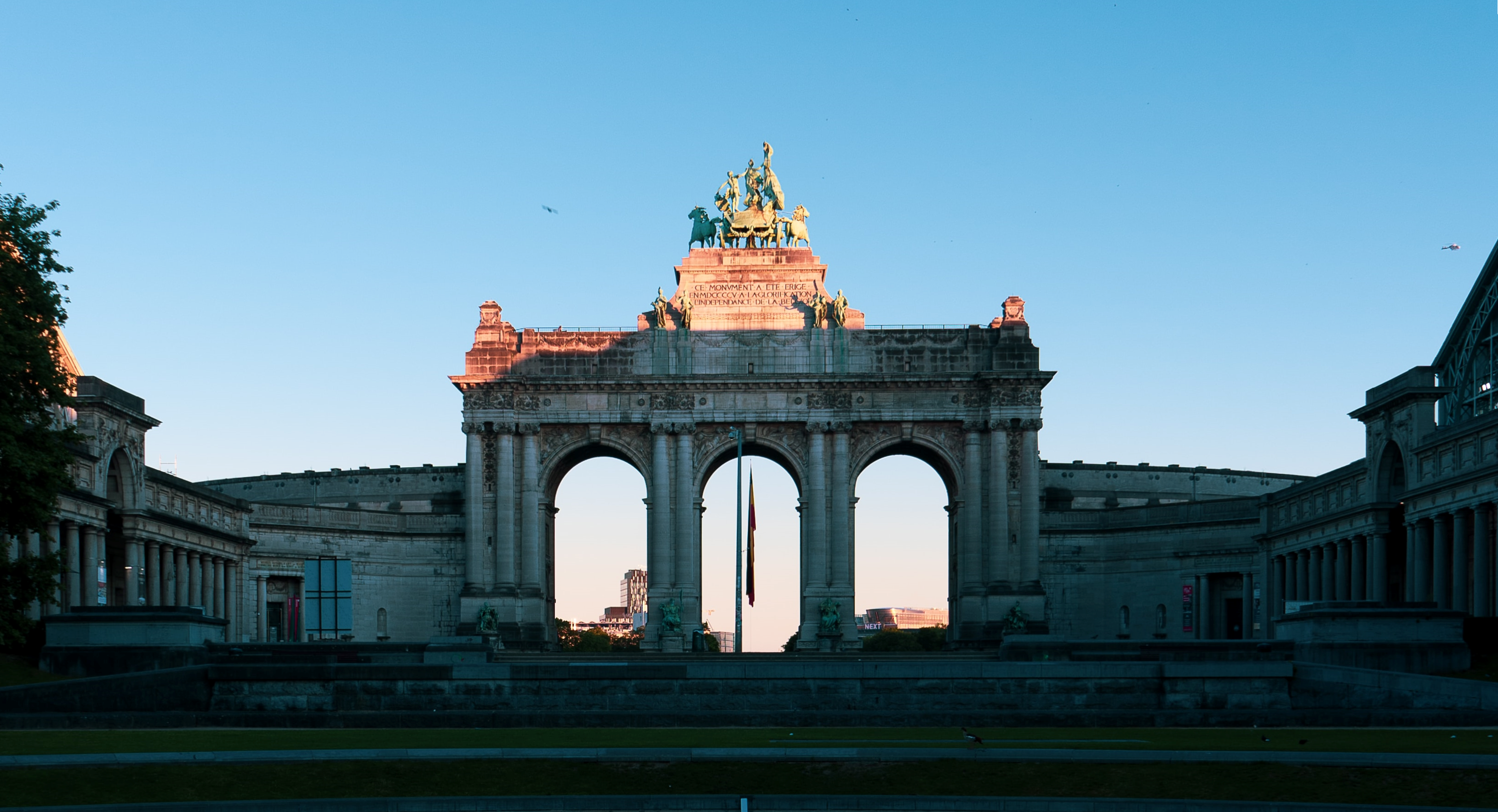The LRE Foundation is delighted to announce that the Home Army Museum in Krakow (Muzeum Armii Krajowej) has joined its network. With the signature of the membership agreement, the Home Army Museum becomes the second Polish member, following the Museum of Gdańsk which joined in February 2022.
The Museum of the Home Army, located in Krakow, is dedicated to preserving the memory of the Polish Underground State and the Home Army established in Poland, as the largest resistance group in occupied Europe during the Second World War. The museum is a cultural institution with a large collection of historical artefacts and is operated by the City of Krakow and the Lesser Poland Province.
Rémi Praud, Managing Director of the LRE Foundation: “We are happy that the Home Army Museum decided to join the Foundation as a member. This new partnership offers us the possibility to further explore the heritage of the Polish Underground State and Home Army and to include the related remembrance sites and stories in our initiatives. Their participation will enrich our network, bringing to the table a new valuable Polish perspective on the Second World War, and we hope that their example will inspire other parties in Poland to join our mission.”
“As the Home Army Museum, we are honored to be a new member of the LRE Foundation and have the opportunity to expand our educational activities to the European level. We see great potential in this cooperation, for dialogue with other countries and exchange experiences, especially at a time when there is war going on beyond our eastern border. In this way, we hope to constantly keep history in mind and commemorate the past events, including the fate of the Home Army soldiers – the largest resistance movement during World War II.” tells Dr. Marek Lasota – Director of the Home Army Museum.
© Photo: M. Żak / Home Army Museum
